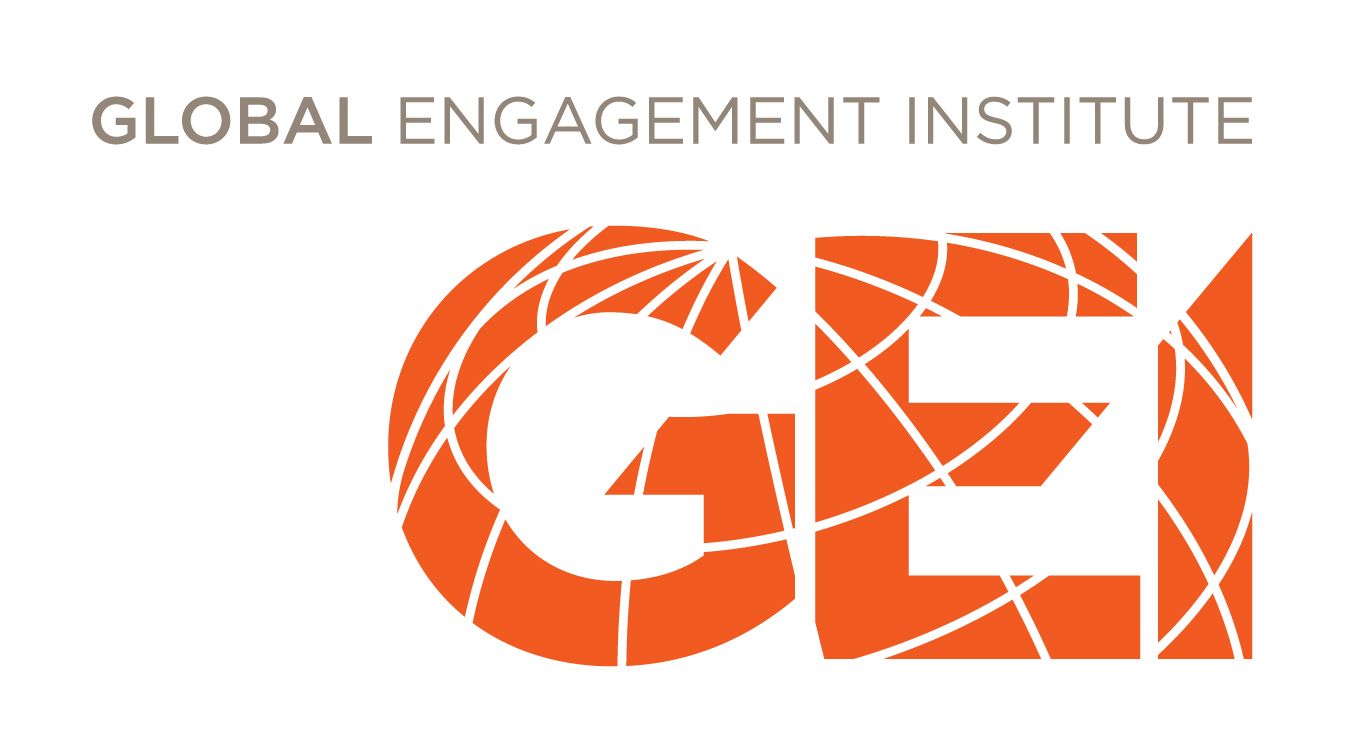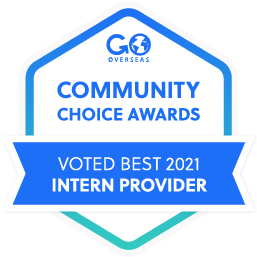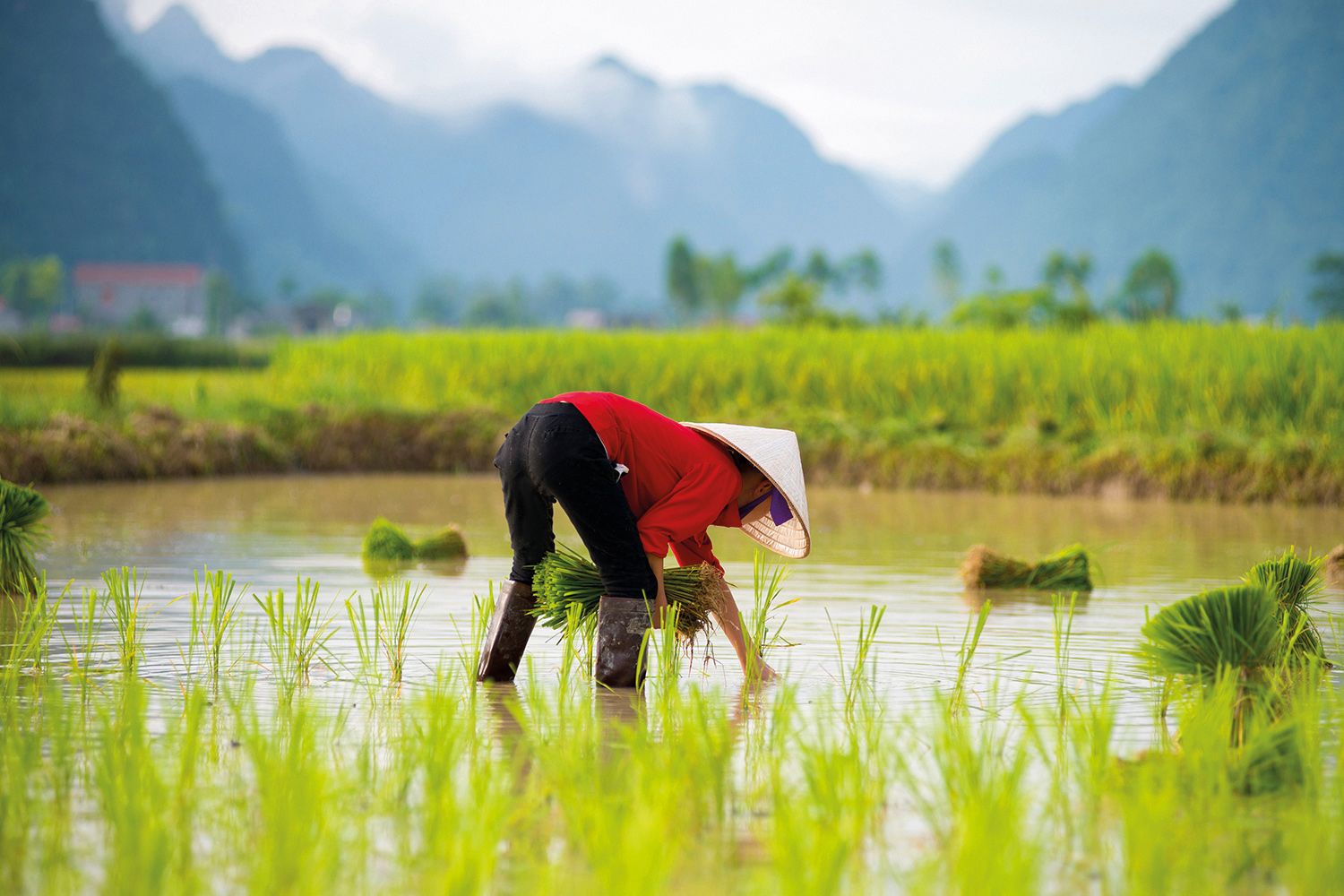GLOBAL MENTAL HEALTH (RWANDA)
Global Practicum
A 4-credit global practicum to develop skills, knowledge, and understanding that prepare you for leadership and engagement in our global society.
AT A GLANCE
-
Global Practicum Program
-
Disciplinary Track: Global Mental Health
-
Study Abroad Destination: Rwanda
-
2026 Dates: June 27-July 24 (4 weeks)
-
Credit: 4 U.S. credit hours (~ 8 ECTS credits) for eligible university students
-
Eligibility: Any field and level of study
PROGRAM OVERVIEW
Write your awesome label here.
Write your awesome label here.
Write your awesome label here.
Write your awesome label here.
Write your awesome label here.
Write your awesome label here.
ACADEMICS
This 4-week interdisciplinary practicum immerses students in hands-on mental health engagement through structured group placements in Rwanda or South Africa. Building on prior coursework and field experiences, students work alongside local psychologists, counselors, community leaders, and mental health advocates to contribute to locally driven mental health initiatives.
Placements may include community-based mental health programs, youth outreach, trauma-informed care, or mental health policy work. Emphasis is placed on ethical collaboration, cross-cultural sensitivity, and the application of global mental health frameworks in real-world settings. Weekly colloquia and mentorship sessions foster critical reflection and peer learning, while a final presentation allows students to share their insights and outcomes from the practicum experience.
As capstone project, students create a digital portfolio that serves as a comprehensive record of the students’ achievements and learning throughout the program. Students gather artifacts from their coursework and field experiences to showcase their development and mastery of skills. The portfolio culminates in a reflective essay and a presentation, promoting self-assessment and continuous learning.
There are no specific prerequisites or requirements. Students can be enrolled in any major or minor and can be at any level of university study. While we try to always place students in cohorts with similar levels of study, please understand that this may not always be possible.
Our programs are designed to follow U.S. academic culture and standards. The pace especially for the onsite experiences is generally accelerated and the workload is demanding. The U.S. grading scale of A to F is used. Students will receive a variety of assignments. They include engaged participation in a global practicum, a weekly reflective journal/blog/vlog, and a project report (MED333), and a digital portfolio culminating in a reflective essay and a presentation.
4 U.S. credit hours (~ 8 ETCS credits) for eligible undergraduate students via our U.S. academic school of record. After successful completion of the program, you will receive a comprehensive GEI transcript. Please check with your academic advisor at your home institution to confirm how many credits can be accepted for your degree program.
The language of instruction is English.
UNIQUE EXPERIENCES
Engaged field placements with Rwandan partners
Students contribute to organizations working across the mental health spectrum - from trauma counseling and community resilience programs to youth outreach and mental health policy. These placements provide a meaningful platform for practical skill development and cross-cultural collaboration.
Mentorship and reflective learning
Structured mentorship and weekly colloquia offer a space to unpack fieldwork experiences, examine ethical considerations, and explore cultural dynamics. These sessions help students critically connect practice with theory.
Write your awesome label here.
Write your awesome label here.
HOUSING & MEALS
The program includes 4 weeks in Rwanda. For this time, GEI Rwanda offers different housing options that students can choose from, pending availability. These include:
- Homestays: Typically single rooms, with shared bathroom, and access to a kitchen and living room
- Serviced apartments: Single or shared double rooms, with shared bathroom, and access to a kitchen and living room
- University residence halls at our local partner universities: Shared double rooms, with shared bathroom and no kitchen facilities
- Simple guesthouses: Shared double rooms, with shared bathroom and no kitchen facilities
Homestay host families typically provide breakfast and dinner. Students in serviced apartments, university residence halls, or guesthouses are usually responsible for all meals outside of core course meals.
You can find additional information in the following blog post: Accommodation – What to expect.
You can find additional information in the following blog post: Accommodation – What to expect.
DATES, FEES, AND SCHOLARSHIPS
Summer 2026 (4 weeks): June 27-July 24
Summer 2026: April 1
Summer 2026: US $3,950 (4 weeks)
RWANDA
STAFF
All of our staff are highly experienced and resourceful professionals.


